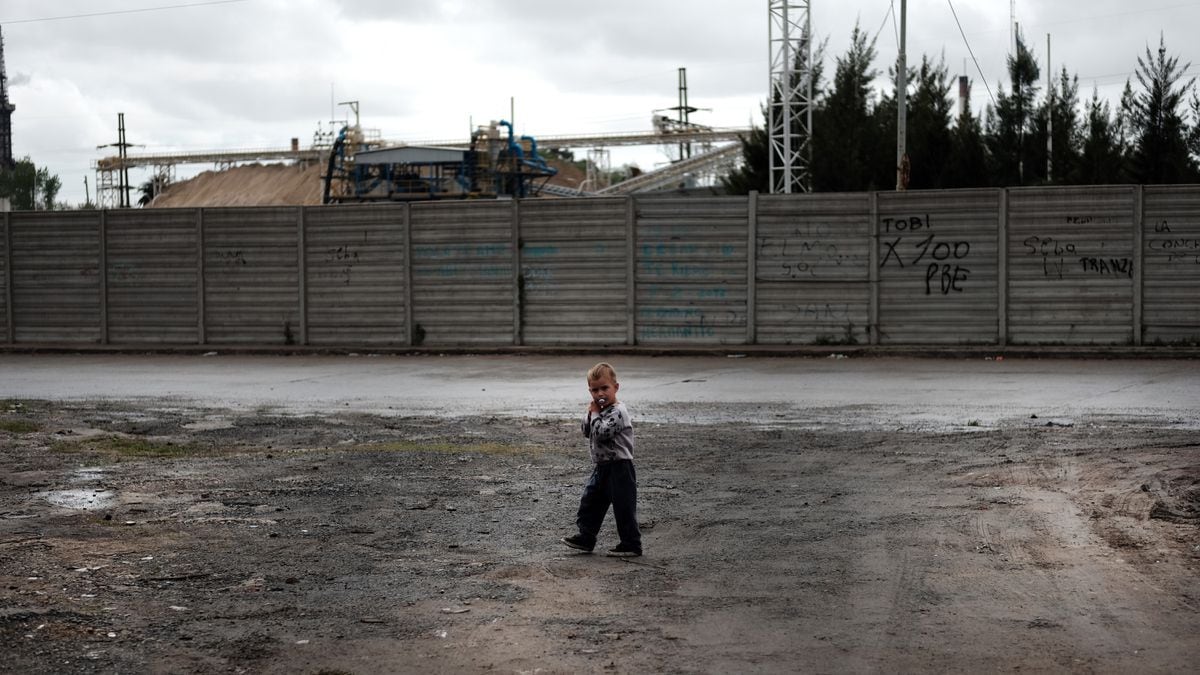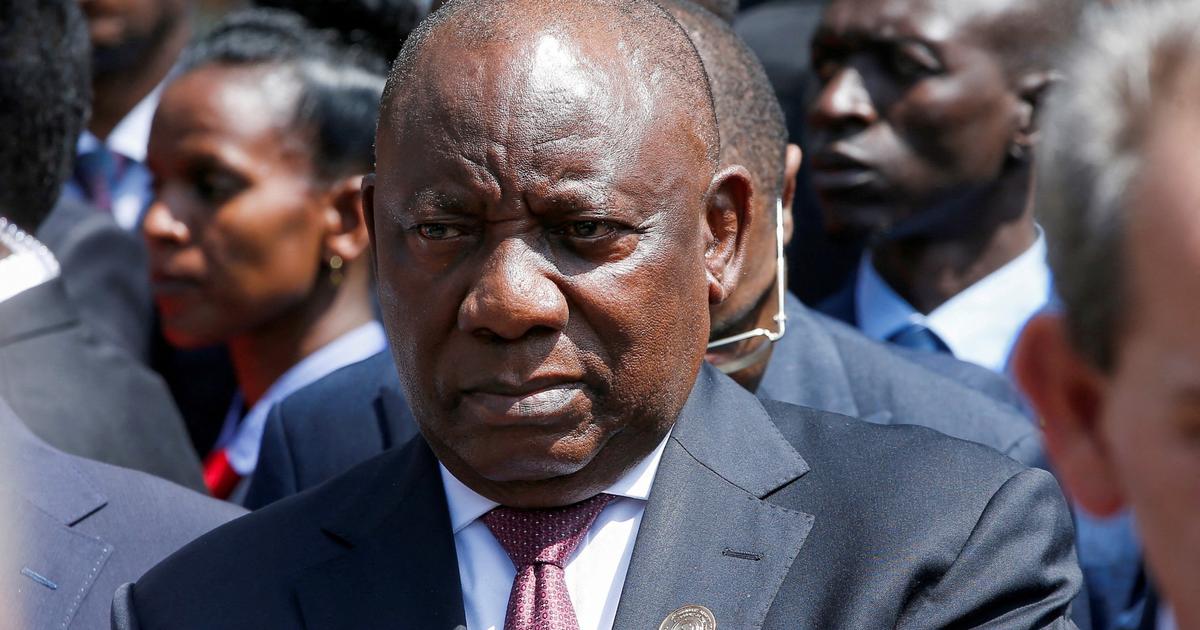That the economic crisis derived from the pandemic is hitting those who started from a weaker position more is something that there has been little doubt about for months: the coronavirus will be, is being, a powerful unequalizing force.
But the incessant trickle of data over the weeks casts an increasingly bleak picture: the blow of the coronavirus will push extreme poverty (read, with incomes of less than $ 1.9 a day) to between 110 and 150 million people (more than twice and three times the population of Spain, respectively) on a global scale between now and 2021, according to figures revealed this Monday by the president of the World Bank, David Malpass, in a speech at the Frankfurt School of Finance and Management .
The new figure, which will be broken down in a report that the lender will present this week, represents a sharp rise compared to the range in which the World Bank has moved until now: between 71 and 100 million people.
The update implies that up to 1.4% of the world's population could be forced into the most excruciating poverty.
The World Bank allocates 7.1 billion to stop the advance of the coronavirus in developing countries
“It is a crisis like no other.
The damage is being enormous, and the inhabitants of the poorest countries will suffer the most and for the longest time, ”Malpass underlined in his telematic intervention.
“Not as many economies were simultaneously in recession since 1870, and it could lead to the first wave of a lost decade of weak growth, the collapse of many health and education systems, and excessive indebtedness.
It is an unprecedented setback in the global effort to end extreme poverty, raise median income and create shared prosperity. "
Unlike in the Great Recession of 2008 and 2009, when the bulk of the blow - initially at least, and if we put aside the austerity cure that caused so much damage in southern Europe - was centered on financial assets and The damage was greater in rich countries than in developing countries —which weathered the storm better thanks to the cushion of raw materials at maximum—, “this time the fall is wider, deeper and affects workers more of the informal sector and the poor, especially women and children, than those with more income or assets ”.
The main reason for this dichotomy, says the president of the multilateral, is that rich countries "have had resources to protect their citizens to a point that many developing countries have not been able to reach."
But there is more.
“The poorest countries have few stabilizers and have weak health systems and social safety nets.
For them there is no quick life to reverse the reduction in their sales to advanced economies or the collapse of tourism and remittances ”.
The effects of the pandemic, the president of the Washington-based entity has dropped, “will increasingly be a threat to the maintenance of social order, political stability and even to the defense of democracy itself”.
Once in a century
“This crisis is one of those once in a century, and it has shown why history doesn't exactly repeat itself.
And, although the pandemic has so far not triggered the secondary effects of previous shocks - no hyperinflation, no deflation, no generalized famine - and the global economic response has been much greater than we initially expected, the loss of income and Inequality of impact may end up being worse than in the past ”, Malpass stressed.
For all these reasons, the head of the World Bank has made a clear call for more debt relief measures for low and middle income countries than have been implemented so far: “More steps must be taken (.. ..) The risk is that it will take years or even decades for the poorest countries to reduce their debt levels enough to start growing and investing again ”.
Given the depth of the pandemic, the president of the World Bank has settled “we have to move urgently and achieve a significant reduction in the volume of debt of the most besieged countries.
Under the current system, every country, no matter how poor, has to fight with every lender.
And creditors routinely have the best-paid lawyers in the United States and the United Kingdom, making restructuring difficult. "







/cloudfront-eu-central-1.images.arcpublishing.com/prisa/NVICYEXN5FGNNGINGZUKRWHQJU.JPG)







